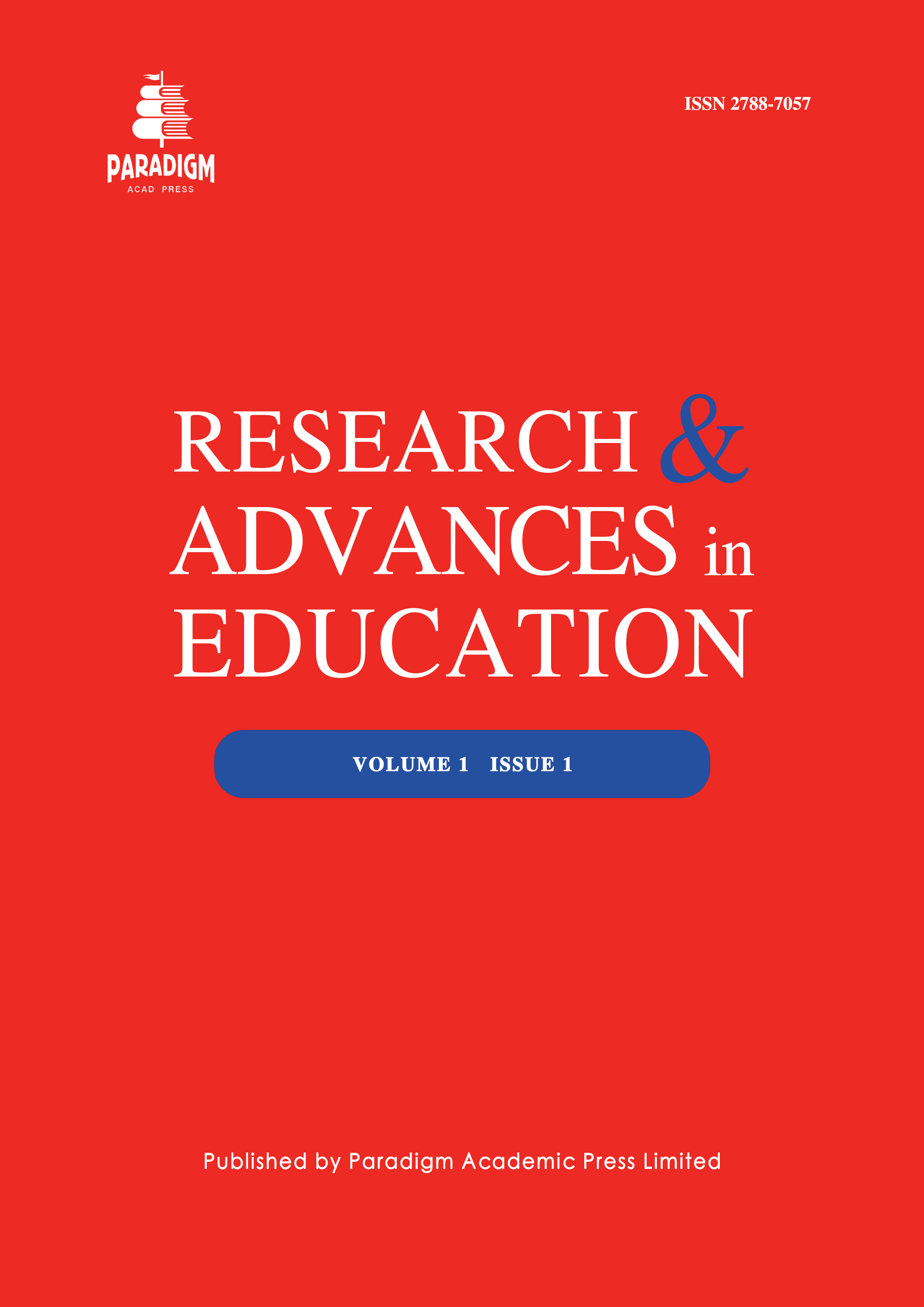The Impact of Montessori Education on Creative Expression in Preschoolers
Keywords:
Montessori education, creative expression, preschoolersAbstract
This study investigates the impact of Montessori education on the creative expression of preschoolers in the USA, comparing outcomes with those of traditional educational settings. Utilizing the Torrance Tests of Creative Thinking (TTCT), we assessed creativity across three dimensions: fluency, originality, and elaboration. Our results indicate that Montessori-educated children scored significantly higher in all dimensions, with fluency scores averaging 28.5 compared to 24.3 for traditional students, originality at 19.7 versus 16.2, and elaboration at 22.1 versus 18.4. These differences were statistically significant with p-values of <0.01. Visual analyses, including box plots and error bar charts, highlight the consistency and reliability of these findings. The study also explores the correlation between age and creativity within Montessori settings, revealing a positive relationship that suggests Montessori education effectively supports creative development as children mature. No significant differences were found based on gender or socioeconomic status, underscoring the method’s broad applicability. These findings provide compelling evidence of the benefits of Montessori education in nurturing creativity, advocating for its broader adoption to enhance early childhood education.


